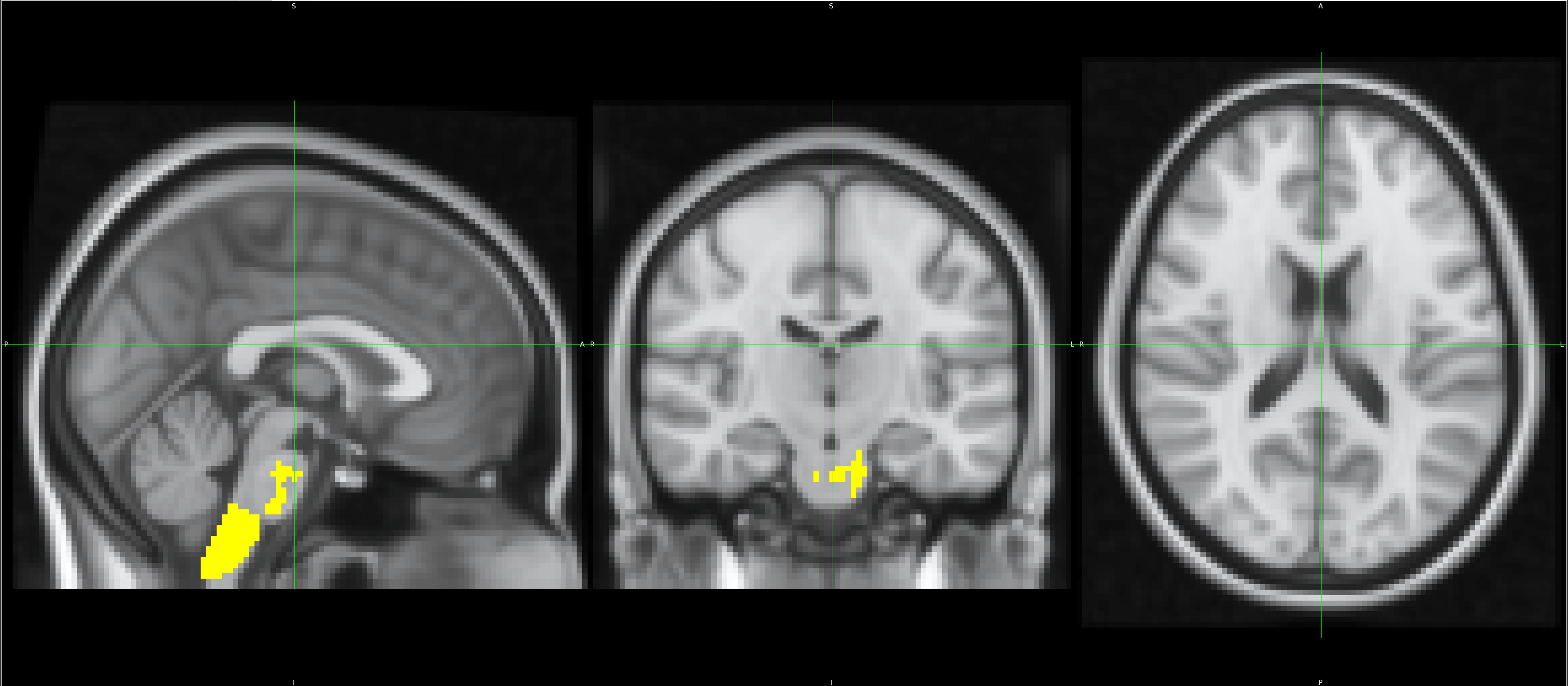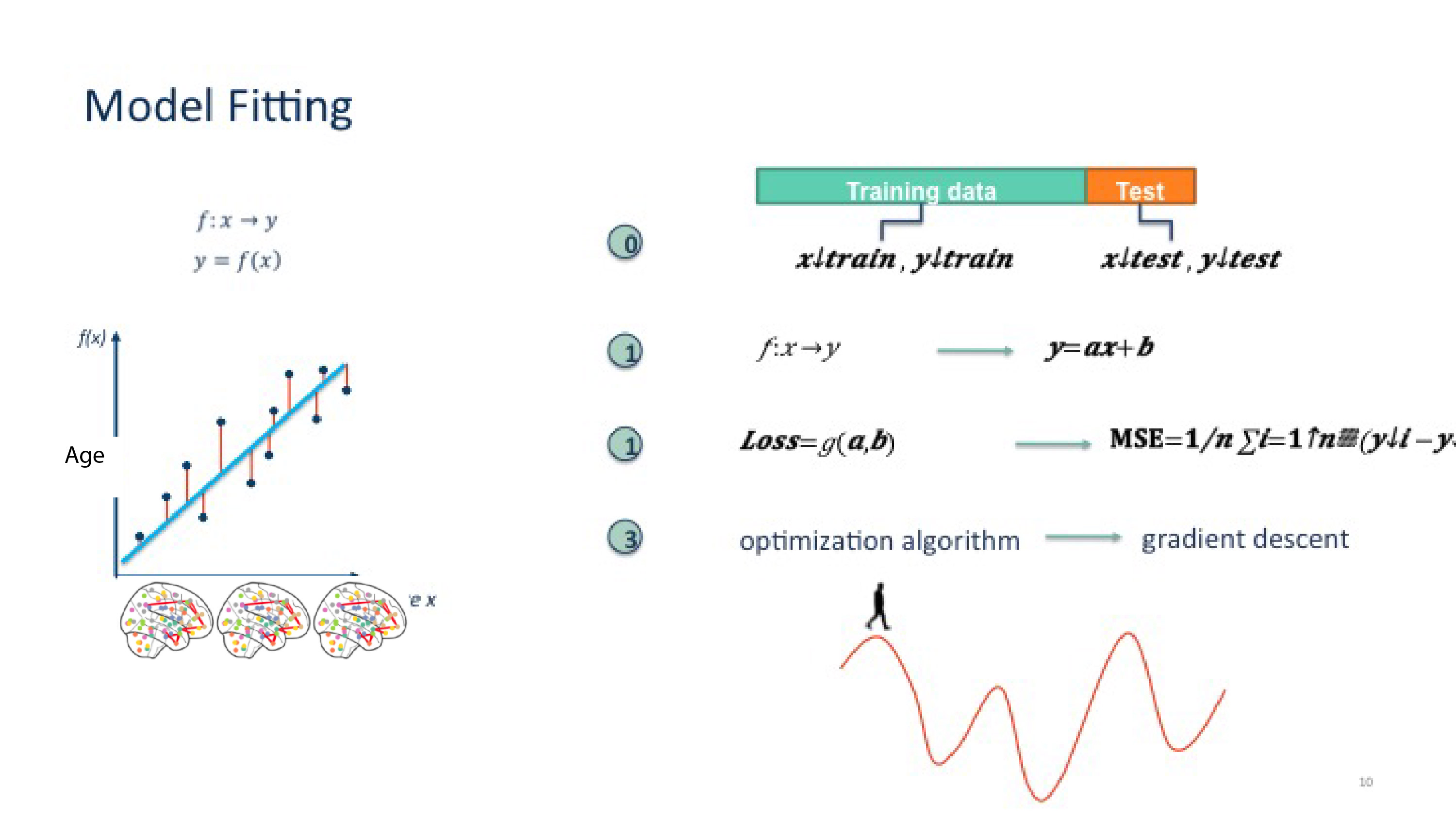
Replication Analysis of Brain Correlates of Speech Perception in Schizophrenia Patients with and without Auditory Hallucinations
By Timothy Tan
Published on June 9, 2025
June 9, 2025

Project definition
Background
I took up the HP4210 Data Aanalytics for Neuroimaging module in NTU Singapore, which led me to learn materials from the Brainhack School. As I studied along the brainhack school tutorials, I decided on doing research on schizophrenia, coming across a dataset avalable on OpenNeuro. This dataset is titled “Brain correlates of speech perception in schizophrenia patients with and without auditory hallucinations”, where the dataset was used for a research study of the same name. As I am a beginner in handling fMRI data, I attempted to replicate the study’s findings.
Tools
The tools I used for this project are the following:
- git and GitHub
- WSL Docker, Jupyter Notebook and Visual Studio Code (miniconda3 and Python)
Data
This project was made possible thanks to the available dataset on OpenNeuro, as linked here. To learn more about the study by Soler-Vidal et al. (2022) that I attempted to replicate, check here.
Deliverables
In my attempt to replicate the study, I aimed to have:
- Preprocessing of raw fMRI data
- First-Level Analysis If I was able to conduct first-level analysis, I would attempt to do second-level analysis.
Results
Progress overview
I officially started this project on 25th May, after finalising and clarifying my goals for the project based on my project pitch. Over the course of 2 weeks until presentation date (10th June), I worked on this project step-by-step through online material that guided me on conducting preprocessing of raw fMRI data and subsequent analysis procedures. I modified the preprocessing and analysis steps according to the study that I was replicating.
Tools I learned during this project
- git-annex Used to fix broken symlinks after cloning the dataset from OpenNeuro.
- FSL Used to pre-process the data and attempt to create first-level analysis.
- fMRIPrep Used to automatically pre-process data and create first-level analysis with default parameters.
Results
Deliverable 1: Preprocessing of raw fMRI Data
I used FSL’s modules, BET and FEAT to preprocess the dataset. The preprocessed results can be found in the folder directory ‘sub-01/run1.feat’.
I also used fMRIPrep to automatically preprocess the data, but the preprocessed results were incomplete due to unidentified errors. Incomplete preprocessing results are found in the ‘derivatives’ folder, with the code used to run fMRIPrep found in the ‘code’ folder.
Deliverable 2: First-Level Analysis
I was unable to produce first-level analysis results as I encountered errors while using FSL and fMRIPrep. In my attempt to produce first-level analysis results with FSL, I created timing files based on the time series provided by the ’task-speech_events.tsv’ file. The timing files can be found in the ‘Ideal_Time_Series’ folder.
Conclusion and acknowledgement
I enjoyed picking up many new practical skills as part of this project, my first foray into neuroscience. Although I was unable to get the results I wanted during this project’s timeframe, I still intend to progress on my own to better understand how data analysis procedures operate when it comes to fMRI data.
Thanks once again to authors of the dataset for making it available here at OpenNeuro and for their study that I based my replication on here.
Soler-Vidal, J., Fuentes-Claramonte, P., Salgado-Pineda, P., Ramiro, N., García-León, M. Á., Torres, M. L., Arévalo, A., Guerrero-Pedraza, A., Munuera, J., Sarró, S., Salvador, R., Hinzen, W., McKenna, P., & Pomarol-Clotet, E. (2022). Brain correlates of speech perception in schizophrenia patients with and without auditory hallucinations. PloS one, 17(12), e0276975. https://doi.org/10.1371/journal.pone.0276975


